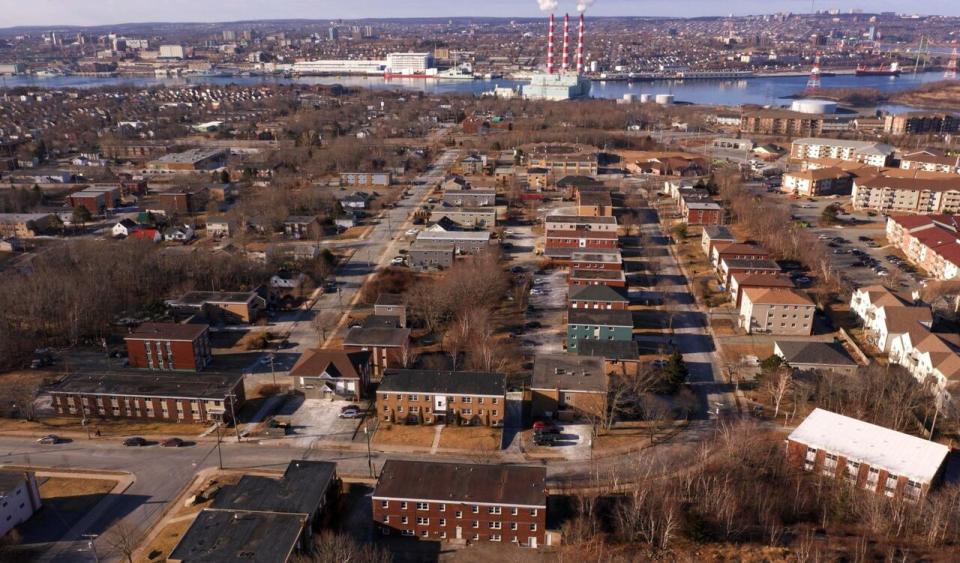New N.S. population data shows end to years-long interprovincial migration trend

A pandemic trend that saw significantly more people move to Nova Scotia from other parts of Canada than leave the province came to an end this summer, according to new data, but economists caution it's too early to say if this spells a larger change to population patterns.
This week, Statistics Canada published figures from July to September showing net interprovincial migration to be flat for the first time in eight years, indicating as many people moved away from Nova Scotia as arrived from other provinces.
Nova Scotia has strained under its population growth of recent years, with house prices that rose swiftly, low apartment vacancy rates, and a stretched health-care system where tens of thousands are without a family doctor.
During the pandemic, Nova Scotia was viewed as a safe haven from COVID-19, particularly compared to places like Ontario, while work-from-home policies and dreams of a different lifestyle prompted thousands of people to pack up and head east.
But not only has that rush eased, there's even been a small reversal, according to consultant Amy Grady of Thompson's Moving, which is based in Dartmouth, N.S. She said her company is now moving some families back to Ontario.

Some people who moved to Nova Scotia got bored with the slower way of life. (Robert Short/CBC)
Some are bored with the slower pace of Nova Scotia, she said, and want the entertainment life of Toronto. Others fear they are missing out on job perks by working remotely, cite concerns with Nova Scotia's health-care system, or who find themselves in a city with quickly escalating rents.
"There are people living in Halifax in apartments who are paying just as much as they would in Toronto, with less benefits," Grady said.
Statistics Canada indicated this week that Nova Scotia's population, which surpassed one million in 2021, continues to rise, propelled in large part by the arrival of non-permanent residents such as those on work permits.
Neil Lovitt, the vice-president of Halifax real estate consultant Turner Drake, cautioned not to conclude there's an interprovincial migration shift afoot unless future quarterly data confirms it.
Interprovincial migration helped fuel rising home prices in recent years, through both increased demand and the "pricing power" of buyers who sold homes in expensive markets in Ontario and B.C. and could afford to pay well over asking price in Halifax.
Average house prices in Halifax have stabilized in 2023, Lovitt said, although it's not clear if that's due to changes in interprovincial migration, or if high interest rates are also influencing whether people decide to move to the province.

Apartment buildings in the north end of Dartmouth, N.S., are shown in 2021. (Steve Lawrence/CBC)
In its latest data, Statistics Canada estimates just more than 4,600 people moved from other provinces to Nova Scotia from July to September, and roughly the same number left for other parts of Canada.
That's in contrast to 2021 and 2022, when the number tilted in favour of arrivals. In the second quarter of 2022, for instance, more than 10,700 people moved to Nova Scotia from other provinces, but fewer than 5,600 left.
Kelvin Ndoro, a senior analyst with the Canada Mortgage and Housing Corporation, said the Statistics Canada figures show population growth remains strong in the province.
Quarterly numbers can be volatile, he said, and noted for 2023 as a whole more people continued to come to Nova Scotia from other provinces than leave. However, people across the country are being drawn to Alberta.
"There's been an economic turnaround in Alberta, coupled by the fact that it also has a more affordable housing market right now, which is attracting migrants from Ontario and B.C. who would normally have come to Nova Scotia in the last few years," he said.
MORE TOP STORIES

